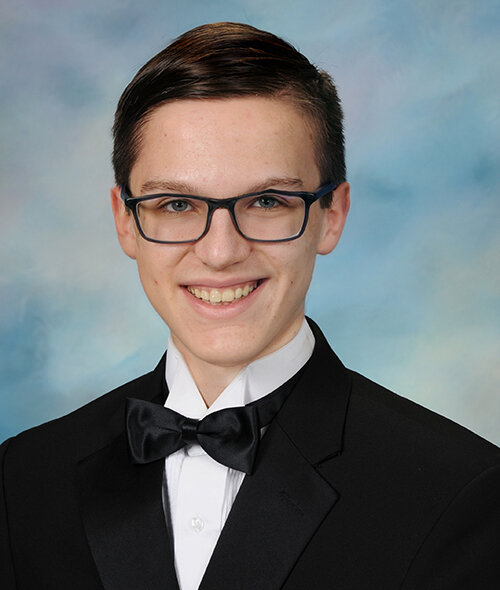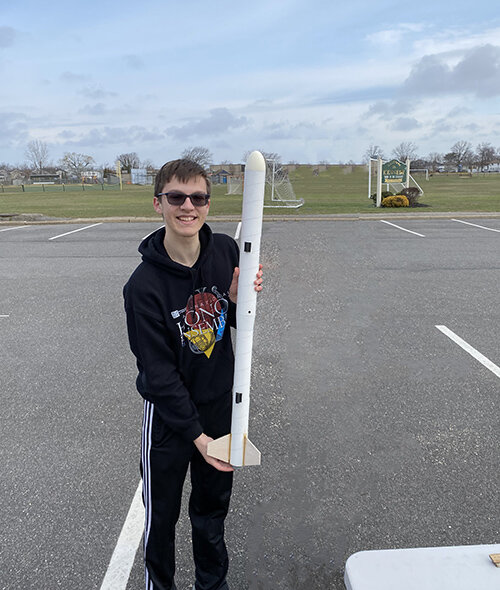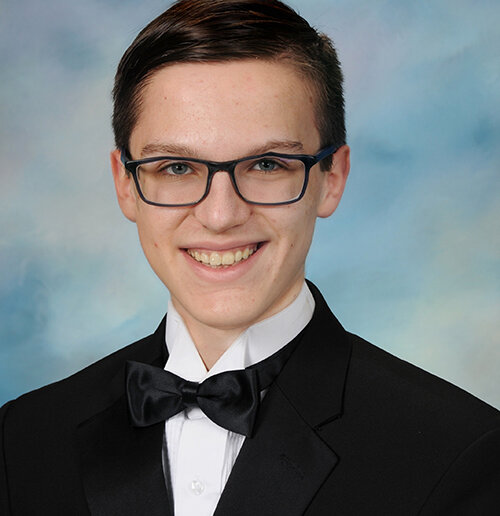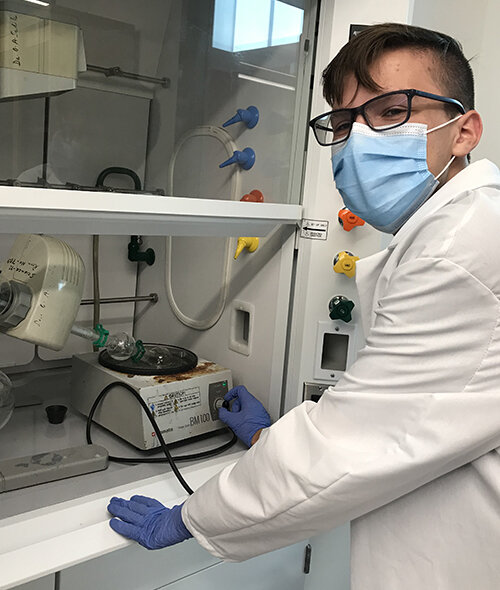Deeper Dive
After the COVID-19 pandemic hit in March of 2020, I quickly became aware of the immense disparity in healthcare systems around the world. I learned that in many global regions the general population does not have easy or affordable access to diagnostic testing, which has exacerbated the COVID-19 pandemic in these areas. Reverse transcription polymerase chain reaction (RT-PCR), which is one of the most common testing methods for this disease, is very accurate at detecting the virus; however, it can take several days to return results, is costly to administer, and cannot be processed without proper medical training and expensive equipment. In my project, I developed a paper-based, colorimetric biosensor for the detection of the SARS-CoV-2 spike protein in saliva. The inexpensive and user-friendly sensor designed in this project has potential for use in developing and developed regions of the world to quickly, accurately, and noninvasively detect COVID-19.
Throughout the process of completing my research project, the COVID-19 pandemic presented a host of challenges. Primarily, with growing concern over virus transmission, many labs across the country were closed to non-university students. After sending out dozens of emails to local researchers and receiving many negative responses, Dr. Omowunmi Sadik of the New Jersey Institute of Technology graciously allowed me to perform my project in her lab within the BioSensor Materials for Advanced Research & Technology (BioSMART) Center. Throughout the entirety of my project, Dr. Sadik provided invaluable guidance and support that helped me navigate various experimental complications. Even after a minor timing error in the experimental procedure resulted in over a week of setbacks, Dr. Sadik reminded me that research is a process, not a destination and that setbacks are a critical part of being a scientific researcher. My high school research teacher, Ms. Barbi Frank, also played an invaluable role in educating me about the scientific method, guiding me through the process of writing a research paper, and supporting all of my ventures (STEM-related or otherwise). I would also like to thank my AP Chemistry teacher, Mr. Helmut Schleith; AP Physics teacher, Mr. Russell Lella; and district STEM chairman, Mr. Robert Soel, for their unfaltering support throughout my entire academic and research journey.
My work involving the development of a paper-based biosensor for salivary SARS-CoV-2 detection can potentially help to limit the spread of COVID-19. This inexpensive and user-friendly sensor can be used in home environments or in developing regions to rapidly test a large number of patients, therefore, informing quarantine decisions, as those who are infected with COVID-19 should stay at home and isolate themselves. This novel diagnostic device could help alleviate the pandemic’s impact on society and potentially save lives.



